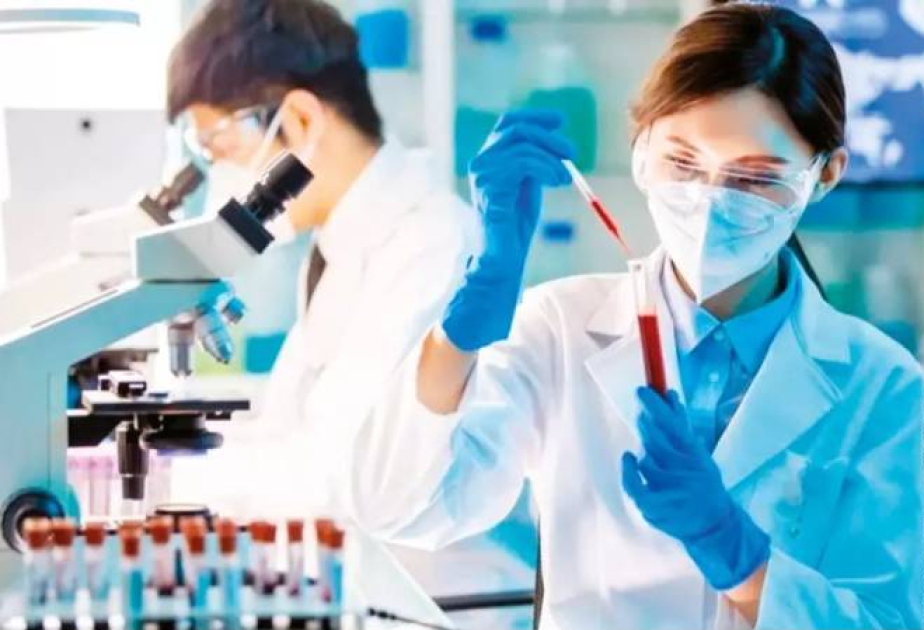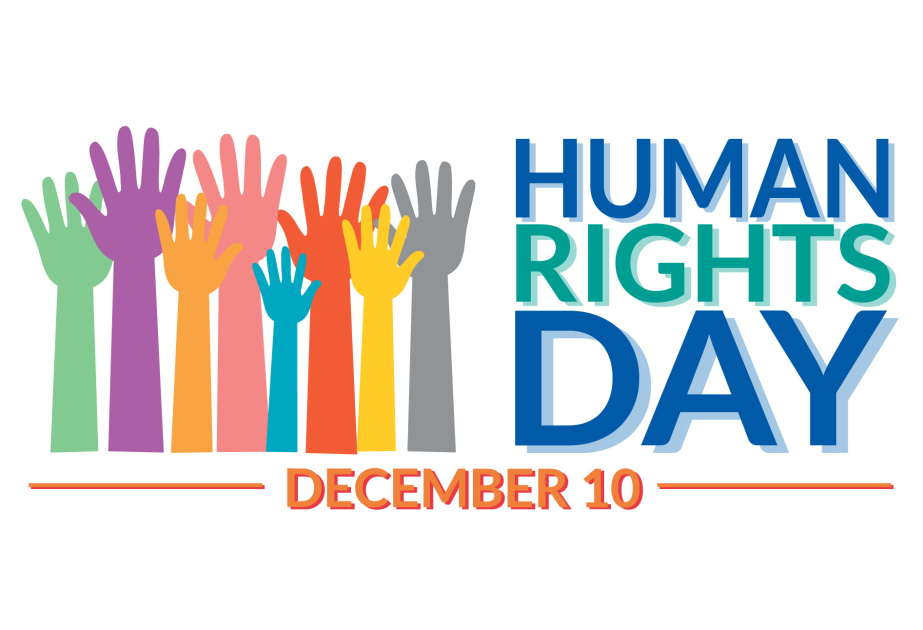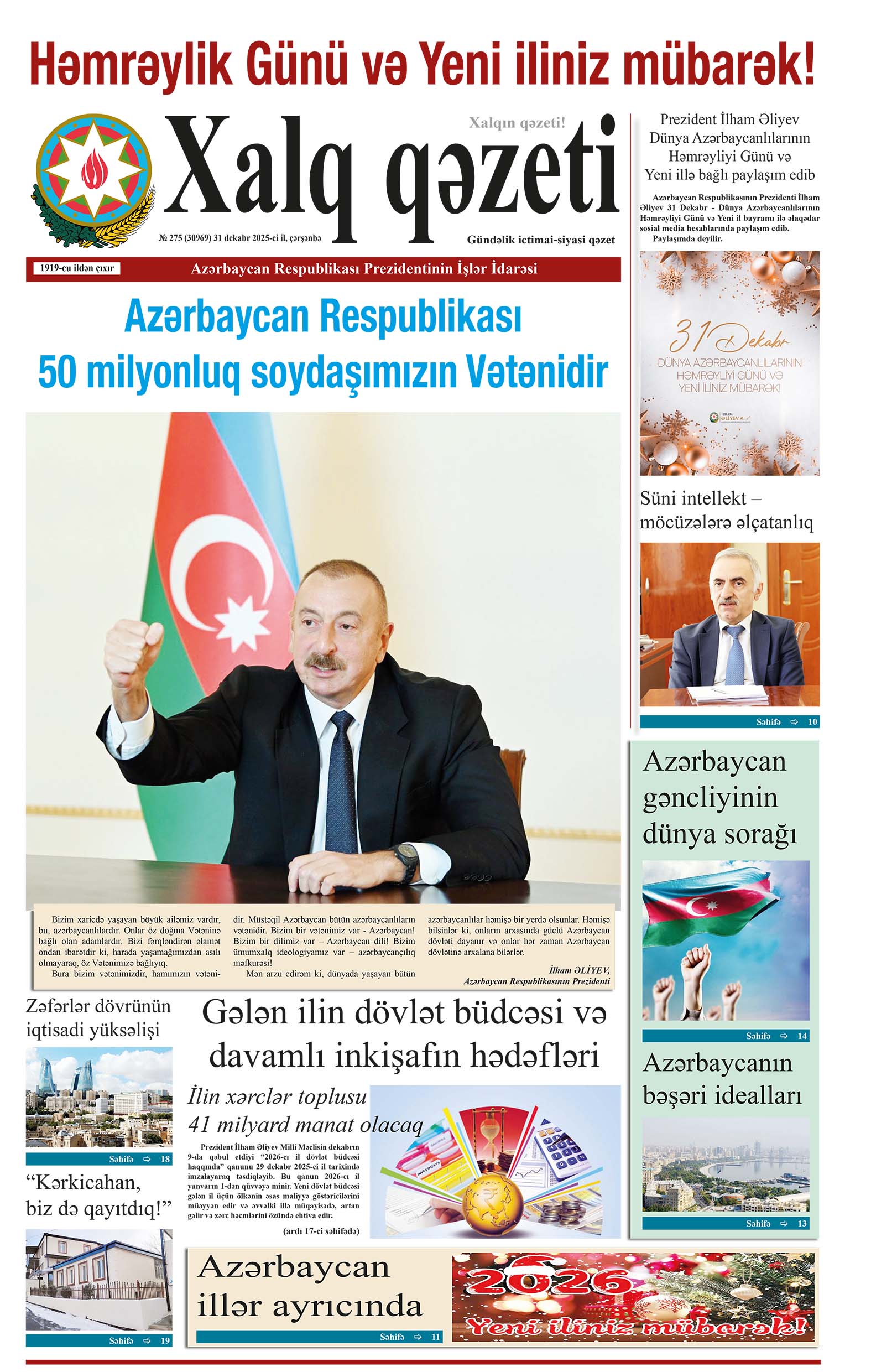Thousands of lives could be saved around the world after NHS scientists discovered a new blood group system - solving a 50-year-old mystery, according to BBC News.
The research team, led by NHS Blood and Transplant (NHSBT) scientists in South Gloucestershire and supported by the University of Bristol, found a blood group called MAL.
They identified the genetic background of the previously known AnWj blood group antigen, which was discovered in 1972 but unknown until now after this world-first test was developed.
Senior research scientist at NHSBT Louise Tilley said the discovery means better care to rare patients can be offered.
Ms Tilley, who has worked on the project for 20 years, told the BBC it is "quite difficult to a put a number" on how many people will benefit from the test. However, the NHSBT is the last resort for about 400 patients across the world each year.
Everyone has proteins outside their red blood cells known as antigens, but a small number might lack them.
Using genetic testing, NHSBT’s International Blood Group Reference Laboratory in Filton have for the first time developed a test that will identify patients missing this antigen.
The test could prove a lifesaver for those who would react against a blood transfusion, and will make it easier to find potential blood developers for this rare blood type.
Philip Brown, who works at the laboratory, was diagnosed with a form of leukaemia about 20 years ago.
He had blood transfusions and a bone marrow transplant - without that, he would have died.
"Anything we can do to make our blood much safer and a better match for patients is a definite step in the right direction," he said.
Head of the laboratory Nicole Thornton said: “Resolving the genetic basis for AnWj has been one of our most challenging projects.
“There is so much work that goes into proving that a gene does actually encode a blood group antigen, but it is what we are passionate about, making these discoveries for the benefit of rare patients around the world.
“Now genotyping tests can be designed to identify genetically AnWj-negative patients and donors.
"Such tests can be added to the existing genotyping platforms.”




.webp)










